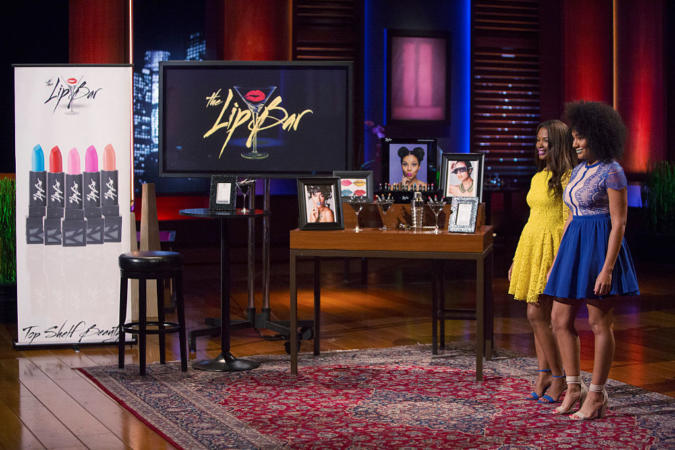Since airing its first episode in 2009, the hit ABC show, “Shark Tank” has featured hundreds of founders and invested millions in their startups. According to The Hustle, after wrapping up its 10th season Shark Tank heard 895 pitches and invested $143.8 million in startups that convinced judges and secured funding deals. However, not all startups who appeared on the show secured investment deals, some were rejected and walked away without any funding. Although rejected by the show’s investors, some founders still refused to lose and in true bounce back fashion had massive success after the show’s denial. Here is a list of Black startups that turned “Shark Tank” rejection into triumph.
Hammer and Nails
Hammer and Nails is a man cave grooming utopia for men. A place where men can get hair, feet, hand, and shaving needs. Founder Michael Elliot, writer of box office hits “Brown Sugar,” “Just Wright,” and “Like Mike,” appeared on “Shark Tank” in 2013 seeking $200,000 for 20 percent of Hammer and Nails. He was rejected. However after the show, he raised $200,000 from angel investors and launched locations in West Hollywood, CA, Miami, and Portland.
SW&G Essentials
https://www.instagram.com/p/B9W1y5Vl84i/?utm_source=ig_web_copy_link
Known for the SW&G Bar, an all-in-one loofah soap bar that cleanses and exfoliates the skin, founder Lydia Evans walked away from Shark Tank with no deal. SW&G’s $54,000 in annual sales did not impress the investor panel. Evans didn’t let the denial stop her, according to Black Enterprise, the night after the show SW&G Essentials racked in $100,000 in sales. Her glow up doesn’t stop there, CNBC reports that SW&G Essential’s new site has increased sales to $340,000, and the company moved into a new 3,000 square-foot facility.
Simply Panache
Founded by Tanecia Willis, Lakesha Brown-Renfro, and Nzinga Teule-Hekima, Simply Panache is a national event planning firm that is known for its Mango Mango preserve. The trio left “Shark Tank” in 2013 without a deal but within 48 hours, they received 15,000 orders worth $300,000, according to USA Today. Since then, they have opened up their Mango Mangeaux restaurant which took their profits from nearly $100,000 annually to $100,000 monthly.
The Lip Bar
On the season six week 17 episode of “Shark Tank,” an investor referred to The Lip Bar’s lipstick as “clown makeup,” and claimed that it didn’t convey the brand’s message of empowerment. Now, The Lip Bar has over 450 Target stores across the country, according to their website.
“Our rejection on Shark Tank was not easy, but at that moment, I had to make a decision. And I decided that I would not give someone else power over my dreams.”

